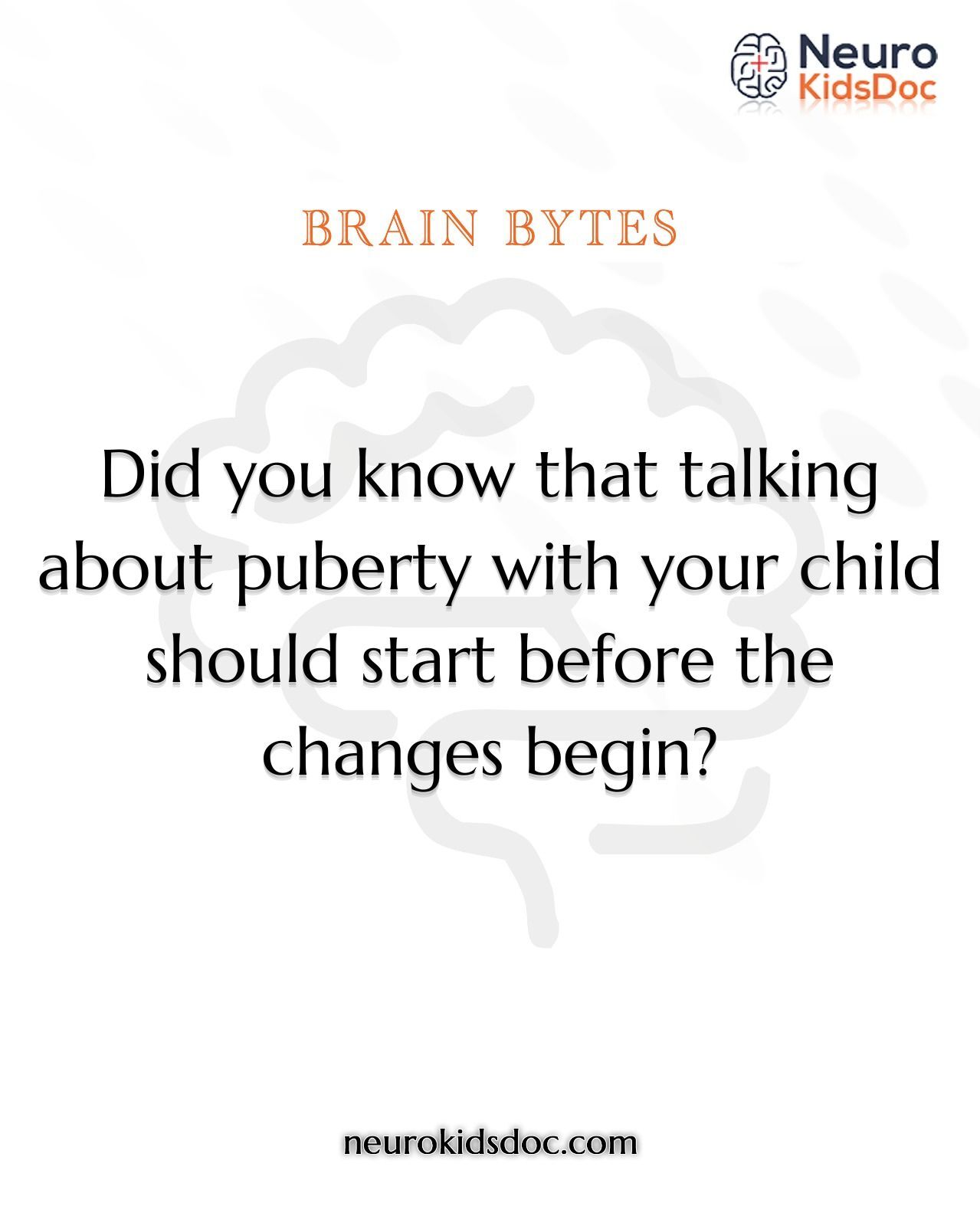For neurotypical kids, these conversations can already feel tricky.
But for neurodivergent children—those with autism, ADHD, or learning differences—it often requires a more tailored approach.
Here’s what can help:
✅ Start early with simple, clear conversations—like understanding body autonomy, personal space, and “safe vs unsafe” touch.
✅ Use visual supports, stories, and repetition to help them grasp new ideas.
✅ Always match the conversation to your child’s cognitive and emotional readiness—not just age.
✅ And don’t hesitate to bring in a professional trained in working with neurodiverse children. Their guidance can make a world of difference.
Puberty isn’t just about biology—it’s about emotional safety, self-awareness, and trust. And with the right tools, we can help every child feel prepared and supported.



